May 29, 2021| Massachusetts is Fully Open
CURRENT STATE: Fully reopened effective May 29, 2021
— All industries are permitted to open.
— Industry restrictions have been lifted (*see exceptions below), and capacity can increase to 100%.
— All gathering limits have been rescinded.
— Private businesses may make their own reasonable determination of safety precautions related to COVID-19. The public should be prepared, therefore, to comply with continued masking requirements in some establishments.
–The Department of Public Health has issued a public health advisory that advises all unvaccinated residents to continue to wear masks in indoor settings and when they can’t socially distance.
Governor Baker will end the State of Emergency on June 15, 2021. The Baker-Polito Administration is working with legislative and municipal partners during this period in order to manage an orderly transition from emergency measures adopted by executive order and special legislation during the period of the State of Emergency. Governor Baker has file legislation to extend certain emergency measures currently in place via executive orders that are set to expire on June 15. Click HERE for more details.
Face-covering requirements have been rescinded but will remain in public and private transportation systems, hospitals and other facilities housing vulnerable populations. Details are provided below.
Mask Requirements in Certain Locations
Effective May 29, 2021, masks continue to be required for both vaccinated and unvaccinated individuals at all times in the following locations, subject to the following exemptions:
On Public and Private Transportation, including on the MBTA, commuter rail, buses, ferries, and airplanes, and while in rideshares (Uber and Lyft), taxis, and livery vehicles, as required by the Centers for Disease Control January 29, 2021 Order. Face coverings are also required at all times in transportation hubs, including train stations, bus stops, and airports. The requirement applies to riders and workers.
Inside K-12 public schools, collaboratives, approved special education schools and as otherwise required by the Department of Elementary and Secondary Education (DESE). The requirement applies to students, teachers, and staff
Healthcare facilities licensed or operated by the Commonwealth and healthcare practice locations of any provider licensed by a professional board which sits within the Department of Public Health or the Division of Professional Licensure. These settings include nursing homes, rest homes, emergency medical services, hospitals, physician and other medical and dental offices, urgent care settings, community health centers, vaccination sites, behavioral health clinics, and Bureau of Substance and Addiction Services (BSAS) facilities. This requirement applies to patients, residents, staff, vendors and visitors.
Congregate care facilities or programs operated, licensed, certified, regulated, authorized, or funded by the Commonwealth. These settings include the common areas of assisted living residences, group homes, residential treatment programs, and facilities operated, licensed, certified, regulated, authorized, or funded by the Department of Children and Families (DCF), the Department of Youth Services (DYS), the Department of Mental Health (DMH), the Department of Public Health (DPH), the Department of Developmental Services (DDS), the Department of Veterans’ Services (DVS), the Massachusetts Commission for the Blind (MCB), the Executive Office of Elder Affairs (EOEA) and the Massachusetts Rehabilitation Commission (MRC). This requirement applies to clients, residents, staff, vendors and visitors.
Emergency shelter programs, including individual and family homeless shelters, domestic violence and sexual assault shelters, veterans’ shelters, and shelters funded by the Department of Housing and Community Development. This requirement applies to guests, staff, vendors and visitors.
Houses of Correction, Department of Correction prisons, jails, and other correctional facilities. This requirement applies to people who are detained or incarcerated, staff, vendors and visitors.
Health Care and Day Services and Programs operated, licensed, certified, regulated, or funded by the Commonwealth including the Executive Office of Health and Human Services or one of its agencies. These settings include adult day health, day habilitation, Program of All-Inclusive Care for the Elderly (PACE), psychosocial rehabilitation club houses, brain injury centers and clubhouses, day treatment, partial hospitalization and intensive outpatient programs, recovery support centers and center-based day support programs. This requirement applies to staff, visitors, vendors and consumers.
Home health care workers, including Personal Care Attendants (PCAs) and Home Health Aides in community and home-based settings where they are providing patient-facing care; provided, however, the requirement shall only apply to the worker providing care.
Helpful Links
CDC: Interim Public Health Recommendations for Fully Vaccinated People
CDC: Science Brief – COVID-19 Vaccines and Vaccination



